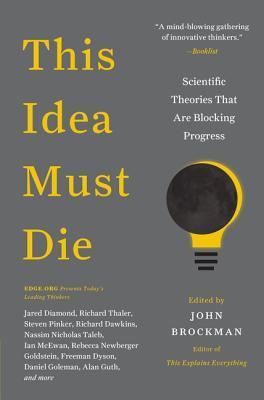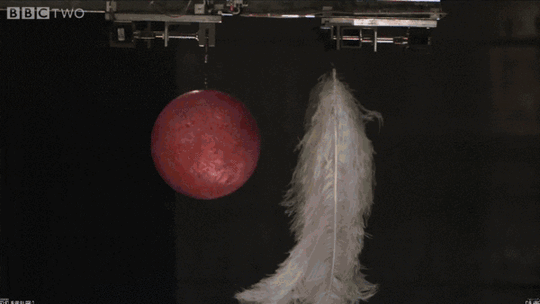What do you think?
Rate this book


568 pages, Paperback
First published February 17, 2015
A great and rich scientific tradition should hang onto everything it has. Truth is not the only measure. There are ways of being wrong that help others to be right. Some are wrong, but brilliantly so. Some are wrong but contribute to method. Some are wrong but help found a discipline....
We need to remember how we got to where we are, and we'd like the future not to retire us. Science should look to literature and maintain a vibrant living history as a monument to ingenuity and persistence. We won't retire Shakespeare. Nor should we Bacon. (pp. 256-7)

Based on the long history of older scientific ideas, theories, and assumptions that were eventually overtaken by newer, better theories, this book explores — in a series of VERY short essays — current scientific ideas that “should” be retired in favor of even newer modes of thinking. (The “should” is according to the various 100+ authors of the essays.)
One early downside of the book for me is that a bunch of essays kept mentioning “this year’s Edge question”, and I didn’t know what “Edge” was (it wasn’t explained in the book). I looked it up later and apparently it’s a website that aims to be “a living document on the Web to display the activities of ‘The Third Culture’,” described as a group of scientists and “other thinkers”.
Another downside is that the scientists and “other thinkers” who wrote the essays were apparently writing for each other and not for the layperson (like myself) — much of the terminology and subject matter was esoteric and beyond my grasp.
The parts that I did understand were interesting and informative, which is exactly why I read nonfiction books on occasion.
(Also, this book website is SO much easier to use now that I found a browser plugin to mimic dark mode.)